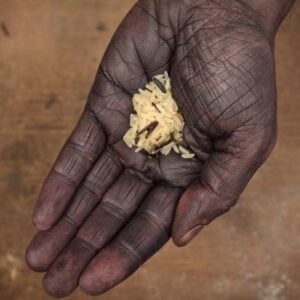The United Nations World Food Programme (WFP) has announced that it will be forced to suspend all emergency food and nutrition assistance for 1.3 million people in northeast Nigeria by the end of July 2025. This suspension is due to severe funding shortfalls occurring at a time of escalating violence and record levels of hunger in the region. WFP’s food and nutrition stocks have been fully depleted, with the last supplies leaving warehouses in early July. Once the current round of distributions concludes, life-saving aid will come to a halt.
The cessation of aid will have grave consequences for vulnerable communities. Without immediate funding, millions may face extreme hunger, displacement, or exploitation by armed groups. Children are especially at risk, as more than 150 WFP-supported nutrition clinics in Borno and Yobe states are set to close. This will end treatment for over 300,000 children under the age of two, increasing the threat of acute malnutrition and wasting.
Violence from extremist groups continues to drive widespread displacement in conflict-affected areas of northern Nigeria. Approximately 2.3 million people across the Lake Chad Basin have already been forced from their homes. Local resources are overstretched, placing further strain on host communities. During the first half of 2025, WFP managed to provide emergency assistance to 1.3 million people. Plans were in place to extend this support to an additional 720,000 individuals in the second half of the year, but those efforts are now at risk due to the funding gap.
WFP stresses that it has the infrastructure and operational capacity to scale up its response. However, without an urgent injection of US$130 million, the agency cannot maintain food and nutrition operations through the end of 2025. The lack of funding threatens to deepen an already critical humanitarian crisis, with millions of lives hanging in the balance.






